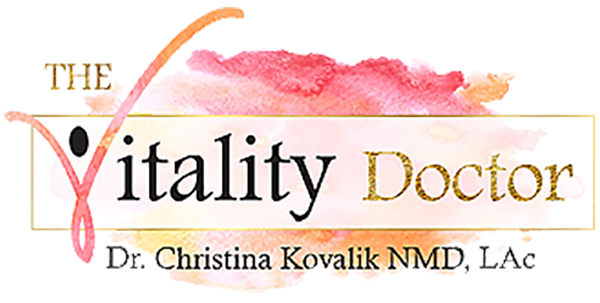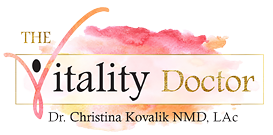Hormones Out of Whack? Here’s What You Need to Know
A hormone imbalance can occur at any age but becomes more pronounced with aging. Knowing about your hormone levels is important information whether you’re working on healing medical conditions or simply feeling your best.
By the time most people reach their 30s, hormone production begins to decline by 3-10% per year. While this is a natural part of aging, it doesn’t mean you have to feel less than optimal. Many individuals visit their healthcare provider, undergo a blood test, and are told their results fall within the “normal range.”
Yet, they still ask: “Why do I feel this way if everything is ‘normal’?”
The truth is, normal isn’t always optimal. Symptoms of hormone imbalances, whether related to the pituitary gland, adrenal glands, or other key hormones, can significantly impact your quality of life.
What Causes Hormone Imbalances?
For women, hormone imbalances are often linked to:
- Perimenopause or menopause
- Thyroid disease and irregular periods
- Insulin resistance and weight gain
- Adrenal insufficiency and fatigue
- Polycystic ovary syndrome (PCOS)
For men, imbalances in testosterone levels or total testosterone often result in:
- Decreased muscle strength and tone
- Weight gain, particularly in the midsection
- Low libido and sexual function
- Fatigue and trouble sleeping
Both men and women with hormone imbalances face increased risks of cardiovascular disease, diabetes, and even conditions like prostate or breast cancer. These imbalances often play major roles in overall reproductive health and physical vitality.
Symptoms of Hormone Imbalances
Some common symptoms of hormone imbalances include:
- Sleep Issues: Insomnia or trouble staying asleep
- Reproductive Changes: Irregular periods, hot flashes, vaginal dryness, or thinning hair
- Mood & Energy: Depression, irritability, fatigue, or mind fog
- Physical Changes: Weight gain, especially in the abdominal area, and reduced muscle tone
For women of childbearing age, changes in estrogen and progesterone levels during the luteal phase or early follicular phase can exacerbate these symptoms. Postmenopausal women often experience low estrogen symptoms such as night sweats and vaginal dryness.
Solutions for Hormone Optimization
You have options when it comes to addressing hormone imbalances:
- Do Nothing: Accept it as a normal part of the aging process.
- Try Natural Remedies: Herbal and nutritional support can balance hormones over time. These options may improve levels of fsh and luteal phase health.
- Consider Bioidentical Hormone Replacement Therapy (BHRT): BHRT is a personalized approach to hormone optimization. With proper hormone tests and medical history evaluations, a tailored plan can help you regain balance.
Why BHRT?
Bioidentical HRT offers precise, individualized treatment. When administered correctly, it can:
- Restore healthy estrogen levels
- Balance progesterone levels
- Optimize testosterone levels
- Reduce the risk of cardiovascular disease, osteoporosis, and more
It’s important to work with a hormone specialist who can monitor your progress through regular checkups, including mammograms and FSH tests, ensuring long-term safety and efficacy.
Living Your Best Life
Hormones play important roles in how we feel, think, and function. From the corpus luteum to peripheral tissues, every hormone has a key role in your overall health. Optimizing your hormones can give you more energy, a clearer mind, and a renewed sense of vitality.
If you’re struggling with symptoms of hormone imbalance, consult with a healthcare provider to start your journey toward better health. With the right plan, you can feel like yourself again—and enjoy a healthier, more vibrant life.
To find out more Call Dr. Kovalik
480-948-9000 TO BOOK OR BOOK NOW

